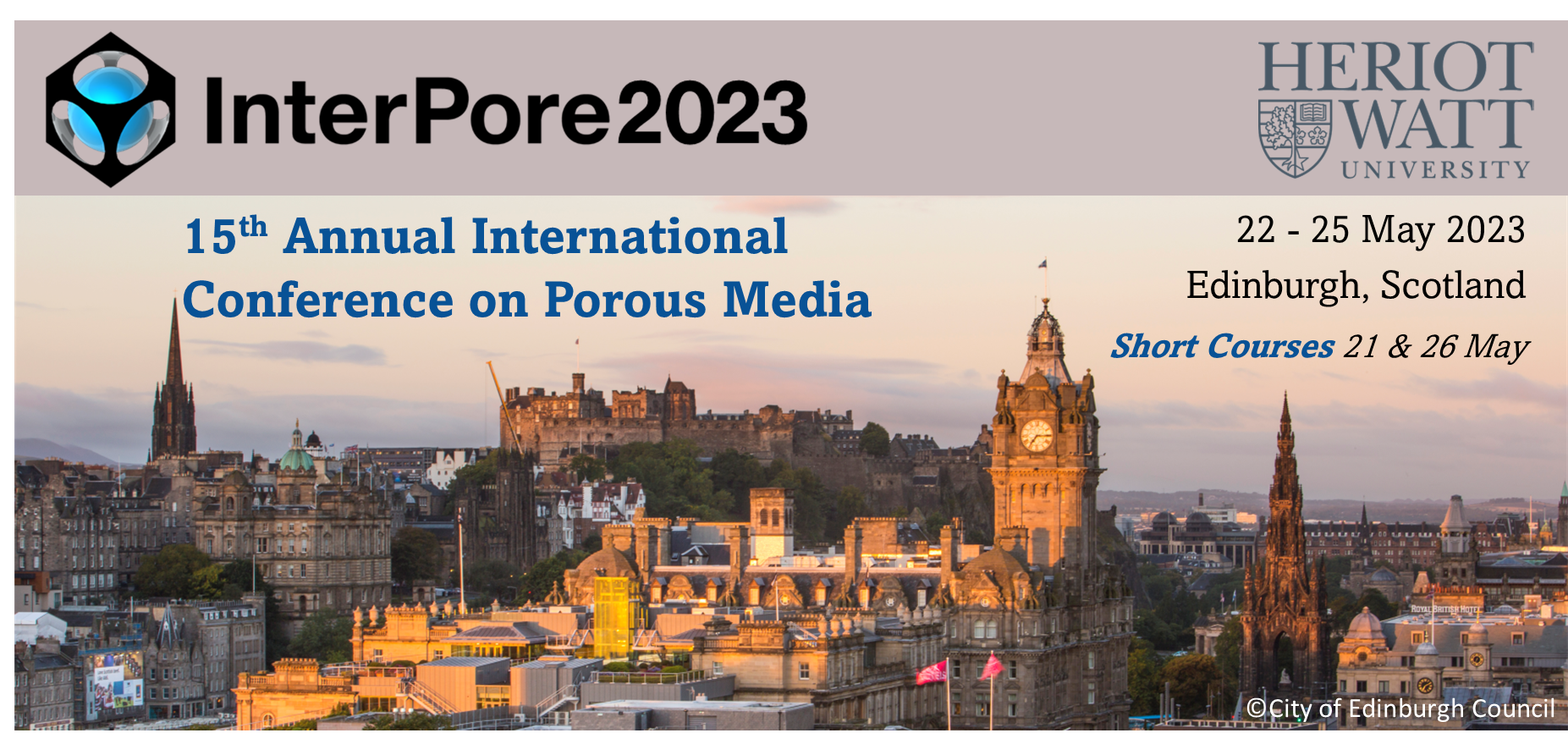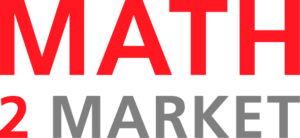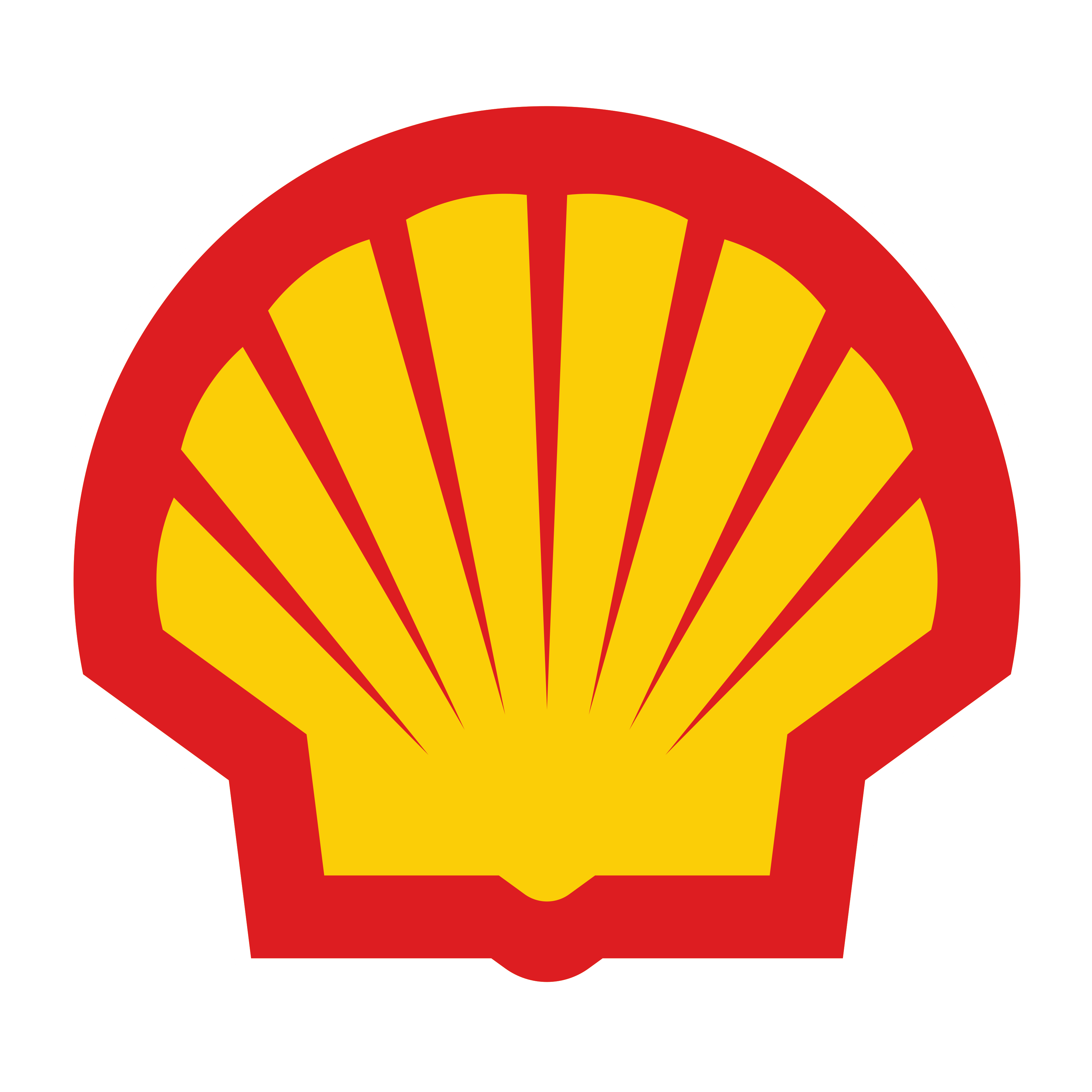Speaker
Description
The permeability of gas diffusion layers (GDLs) depends on their micro-structure, and is relevant
for transport simulations at higher scales, e.g., fuel cells and stacks. Given the micro-structure, the
permeability can be obtained from transport simulations [1], which typically requires large computing
resources. Such GDLs are used in polymer electrolyte fuel cells (PEFCs), as well as in some
electrolysers.
Drawing on previous published simulations [1] of gas flow through fibrous GDLs, a convolutional
neural network (CNN) was trained [2, 3]. The underlying data were based on a stochastic geometry
model that also featured different binder models and compression levels. A small number of micro-
structures – 541 – was sufficient for not only achieving good accuracy in the predicted permeability but
also for reproducing the binder type as a hidden feature that was not explicitly trained.
The training data for the CNN are micro-structures generated by means of a stochastic geometry
model [1]. The fibers with a diameter of 7.5 µm were created layer-wise. The fiber orientation is
stochastically-equivalent to the real structure of Toray 090 material, which was validated using X-ray
synchrotron imaging [1]. An additional binder was added using four kinds of binder sub-models. The
resulting micro-structures were provided in both uncompressed and compressed forms. The output
feature – label data for the CNN – was the through-plane permeability of the GDL, calculated by means
of Lattice–Boltzmann simulations of single-phase flow through the micro-structure. Because the LB
simulations required large computational resources, it was intended to take a limited number of these to
train a CNN that can predict permeability with sufficient accuracy. This was achieved using historical
data from previous investigations [1]. Validated with five-fold cross validation, the CNN was able to
predict the permeability with an accuracy greater than 5% for uncompressed micro-structures, as well
as relevant compression levels [3]. Although the binder type was not provided for training the CNN,
this hidden feature was reproduced by the predictions using the trained CNN.
The calculation of the permeability of the micro-structures required high-performance computers
(HPCs); the training of the CNN also requires large computational resources, preferably GPU-based
ones. With a trained CNN, the prediction of permeability can be run on a standard computer.
Transport simulations were run on the hardware of the Jülich Supercomputing Centre, grant: CJIEK30.
The neural network was trained on GPU nodes of the CLAIX system at RWTH Aachen University,
using grants jara0070 and p0020317.
References:
[1] Froning, D.; Brinkmann, J.; Reimer, U.; Schmidt, V.; Lehnert, W.; Stolten, D. 3D analysis,
modeling and simulation of transport processes in compressed fibrous microstructures, using the
Lattice Boltzmann method, Electrochimica Acta 110 (2013) 325-334 .
[2] Wirtz, J. Untersuchung von neuronalen Architekturen für ein prediktives Modell der Eigenschaften von
faserbasierten Gasdiffusionsschichten, Bachelor thesis, University of Applied Sciences, Aachen, 2021.
[3] Froning, D.; Wirtz, J.; Hoppe, E.; Lehnert, W. Flow Characteristics of Fibrous Gas Diffusion
Layers using Machine Learning Methods, Applied Sciences (2022), accepted.
| Participation | In-Person |
|---|---|
| Country | Germany |
| Energy Transition Focused Abstracts | This abstract is related to Energy Transition |
| MDPI Energies Student Poster Award | No, do not submit my presenation for the student posters award. |
| Acceptance of the Terms & Conditions | Click here to agree |







